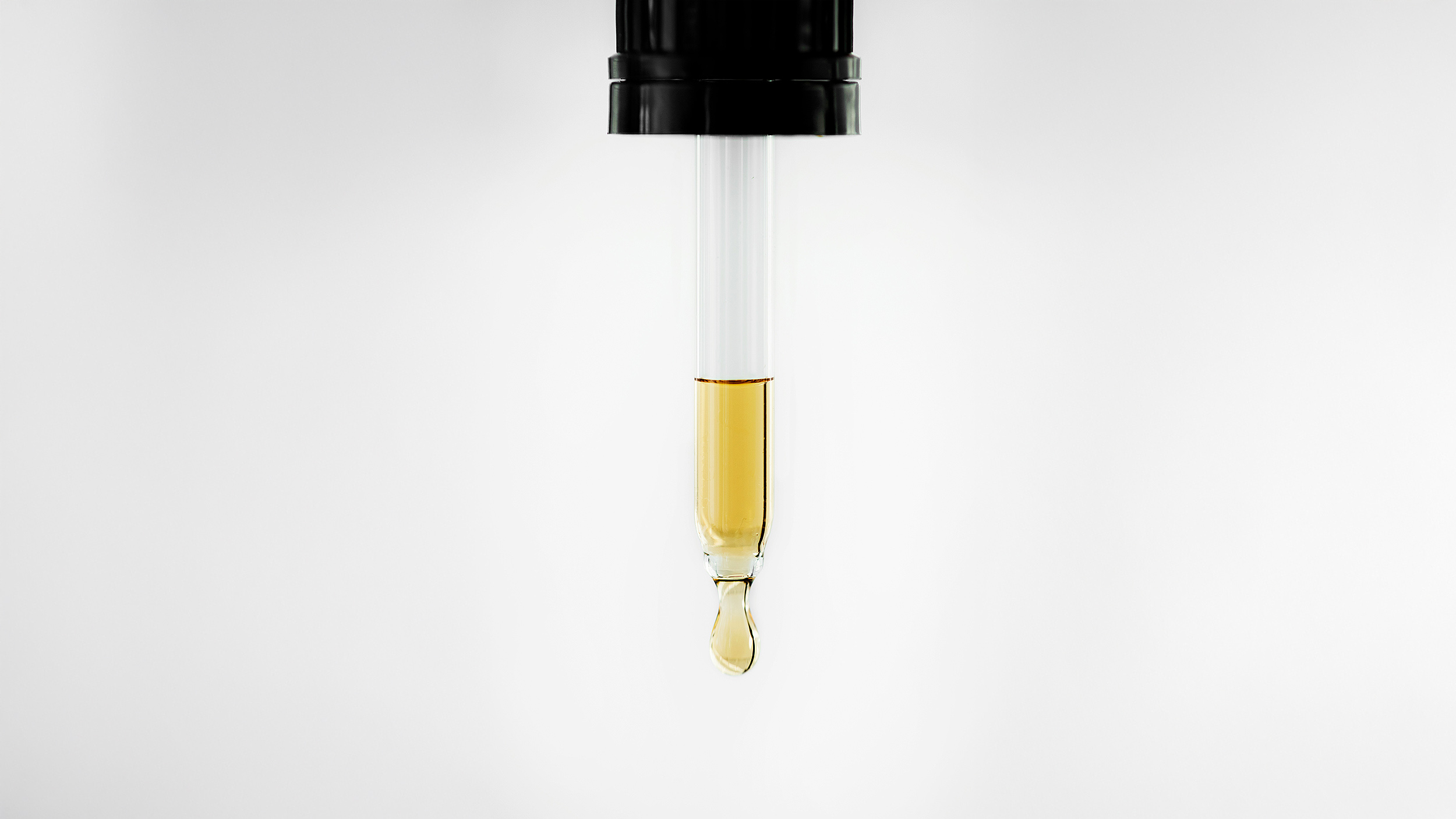We have to kick the notion that we are masters of the earth, Barlow says.
Maude Barlow: Actually, some good work was done here in the United States in the last 15-20 years around water conservation. New buildings had to have low flush toilets, and so on, in some states.
A lot of states are breaking that, but there are very basic things that we can do from making sure again back here to the US, making sure the infrastructure is repaired so we are not losing water and we are not pumping in dirty water from these old pipes. That would make a huge difference. It would mean once people really trust their tap water, they could stop drinking bottled water. They should stop it anyway. But the more they trust their tap water, the less they are likely to do that, which means you stop pumping the aquifer so fast.
More sustainable agriculture and there are a lot of people turning to local organic food production. We are saying things like, when you buy flowers on Valentine's day, buy local. If they have come from far away, they have probably come from situations where some water is being destroyed in some community.
We just put out a report about the flower industry around Lake Naivasha in Kenya in the Rift Valley where Out of Africa was filmed, and it is being destroyed by the European rose industry, as in roses, flower. These big businesses have surrounded the lake because they are growing roses. It is water intensive and they don’t want to use the water in Europe, so they are using the water here and they are destroying the lake. It will be and I quote "a putrid puddle in five to ten years."
It is a gorgeous lake where Robert Redford - see I was there, I could see Robert Redford landing his plane and Meryl Streep saying hello and he was just beautiful.
It is going to be a dead lake. It has got the last wild hippopotamus herd in East Africa. It is really a tragedy and this is just a story that is repeating itself all over the world.
So, yes, there are many reclamation projects. We are going to have to think differently about our economic systems. We are going to have to have economic policies that promote and support local production and more organic sensible food production.
The green revolution in the Third World is a disaster because it used chemicals and those chemicals needed way more water, so that you could disperse the chemicals and so they just dried-up entire regions.
We are going to have to come back with things people knew a long time ago. Lot of the indigenous knowledge, a lot of the knowledge that our farmers had before we started industrial farming.
And we're going to have to build different cities. We are going to have to build cities that have lots of parks. I love your park here. I jogged in Central Park this morning. Growing things on our roofs; roof gardens and leaving the rivers and the streams so that we build around. We don’t build over.
This dominance of humans that we can somehow master nature. Got to get rid of that. Got to come to a place where we are more respectful of the earth that gave us life and the water that sustains that life.
Recorded On: March 17, 2008





